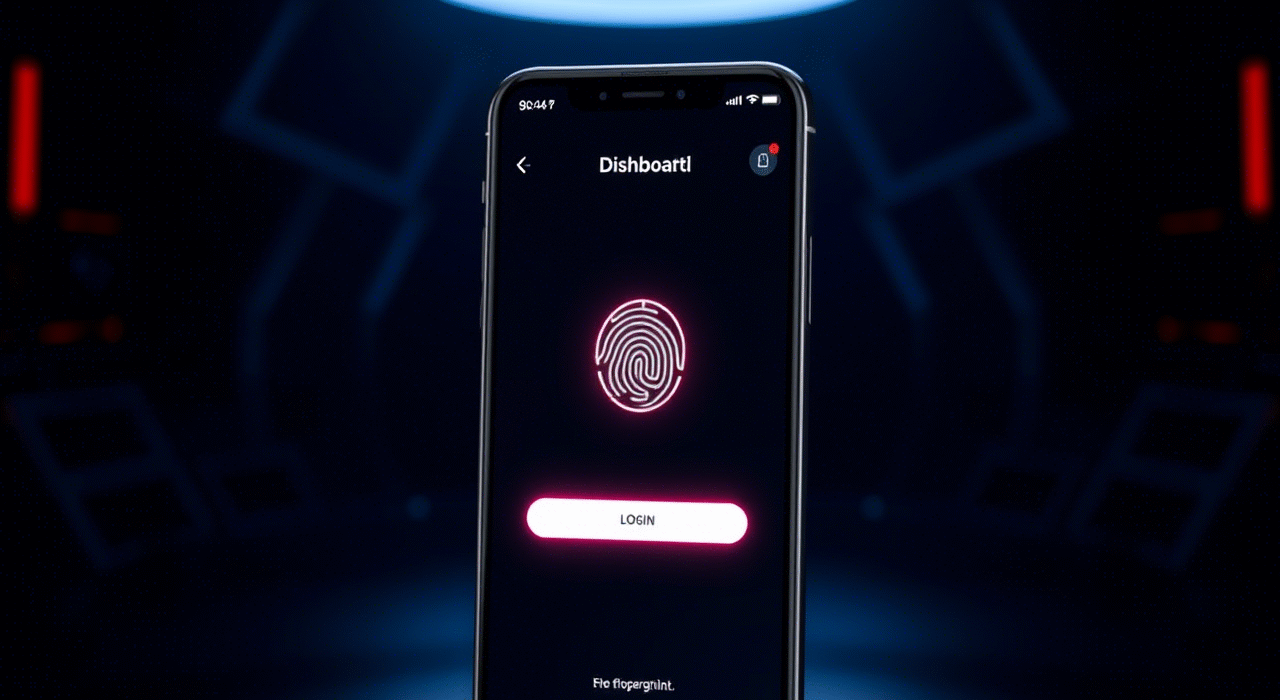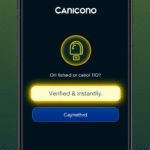🎲 Introduction: Security vs. Seamlessness in a High-Stakes Game
You’re one tap away from logging into your favorite casino app. Then comes the prompt:
“Enter the code sent to your email.”
Wait.
“Now verify via your mobile app.”
For some players, it’s reassuring. For others? Frustrating enough to close the tab.
In an era where player accounts are prime targets for fraud, online casinos are increasingly adopting Multi-Factor Authentication (MFA) as the new gold standard for security. But is the added layer of protection worth the friction? Or is the industry overcorrecting—sacrificing ease for excess?
Let’s break down the reality of MFA in iGaming and whether it’s making things safer, or simply more annoying.
🔐 What Is MFA, Really?
Multi-Factor Authentication (MFA) is a security mechanism that requires users to present two or more pieces of evidence (factors) to verify their identity before gaining access.
The three main categories of authentication are:
- Something you know – Password, PIN
- Something you have – Mobile phone, authenticator app
- Something you are – Fingerprint, facial recognition
Online casinos typically use combinations like:
- Password + SMS OTP
- Password + Google Authenticator
- Biometric login + device recognition
MFA becomes essential when handling:
- Account access
- Large withdrawals
- Changes to personal/banking information
📉 Why It’s a Big Deal for Gambling Platforms
Gambling platforms are frequent targets for fraud, with cybercriminals seeking:
- Stolen player balances
- Bonus abuse using bots or multiple accounts
- Data harvesting of ID and KYC details
- Laundering stolen payment credentials
A 2024 report by CyberDefense 360 found that iGaming platforms experienced a 70% year-on-year increase in account takeover attempts, especially during high-traffic periods like World Cups or major esports tournaments.
For operators, a breach is more than a security issue:
- Chargebacks from unauthorized transactions
- Reputational damage (especially via review sites)
- Regulatory non-compliance (think: hefty GDPR fines)
Hence, MFA isn’t just an option—it’s an operational necessity.
🤳 The Player’s Perspective: Security Fatigue Is Real
For seasoned players, MFA might signal a “serious” casino with strong backend systems. But casual users—especially those used to instant gratification—may see it as a buzzkill.
👎 Complaints from Players:
- “Why do I need to enter a code every time I log in?”
- “What if I lose access to my phone or email?”
- “This is overkill—I’m not managing a crypto wallet!”
It becomes worse when MFA systems are poorly implemented:
- SMS codes delayed or not received
- Authenticator apps not syncing
- Auto-logouts leading to repeat verifications
While big brands like Bet365, Stake, and Unibet have streamlined MFA, many smaller or white-label casinos still treat it as a bolt-on feature—one that frustrates more than it protects.
🧠 The Psychology: Trust vs. Control
From a behavioral perspective, MFA is a double-edged sword:
- For some, it creates a sense of control and credibility
- For others, it signals lack of trust or a cumbersome product
iGaming players are typically risk-tolerant. They engage with randomness by choice. For them, MFA might feel more like an obstacle than a feature—unless the brand builds the narrative of protection into its UX.
🌍 Regional Differences: Who Mandates MFA?
Not every jurisdiction treats MFA equally.
| Region | MFA Requirement | Notable Traits |
| UK | Strongly recommended by UKGC | Often enforced at withdrawal |
| EU (varies by country) | Increasingly mandated under PSD2 | Especially strict for open banking users |
| USA (state-by-state) | Mixed | New Jersey & Pennsylvania suggest but don’t mandate |
| Asia | Low | Often depends on wallet providers, not operators |
| Australia | Suggested but not enforced | Top brands offer MFA voluntarily |
Interestingly, some crypto casinos have been the fastest adopters of MFA—not due to regulation, but because they operate in high-risk environments and cater to privacy-first users.
🛠️ Best MFA Practices in iGaming (That Don’t Kill UX)
So how do leading platforms integrate MFA without ruining the user journey?
✅ 1. Device Trusting
Once MFA is done on a device, it’s remembered (with biometric fallback). No need to re-authenticate constantly unless flagged for risk.
✅ 2. Tiered Authentication
Low-risk actions (logging in, small deposits) = single factor.
High-risk actions (large withdrawal, changing payment method) = full MFA.
✅ 3. Biometric First, Not OTP First
Face ID and fingerprint offer faster, more seamless authentication than SMS or email codes.
✅ 4. Clear User Communication
Explain why MFA is in place—frame it as “Your money is safer with us.” Most players accept friction if they see the value behind it.
✅ 5. Smart Triggers
Instead of always-on MFA, trigger it on:
- New device login
- Suspicious location/IP
- Repeated failed attempts
⚖️ Balancing Act: What Operators Must Weigh
Let’s be honest. Most gambling operators are not tech companies—they’re marketers at heart. They chase volume, conversions, and churn prevention. Security often feels like a cost center.
But as regulators clamp down and fraud becomes more sophisticated, MFA is becoming table stakes. The trick is to invest in intelligent MFA frameworks that:
- Minimize user burden
- Match the risk level
- Integrate with UX design
A frictionless experience isn’t always a secure one—but a smartly layered one can be both.
🤖 The Future: AI-Driven Adaptive Authentication
We’re entering the age of adaptive MFA, where machine learning models assess in real-time:
- Player behavior
- Device history
- Transaction types
- Geo-location consistency
The result?
A player logging in from their usual iPhone in Mumbai at 7 PM on a Tuesday likely won’t need MFA.
But a login attempt from an unknown Windows PC in Nigeria? Instant MFA trigger + lockout.
AI-driven solutions allow MFA to be silent until necessary, giving players smooth gameplay while maintaining behind-the-scenes vigilance.
🧨 The Crypto Wildcard
Crypto gambling platforms, particularly those on-chain or using DeFi wallets, face a paradox:
- The user controls the wallet
- The platform controls the gameplay
Since wallet access is already MFA’d via private keys or hardware devices, many crypto casinos skip MFA entirely—leaving only the session security as their concern.
The result is more seamless UX—but also higher risk if the wallet provider itself is compromised. Platforms like Rollbit and Stake.com are now encouraging optional MFA for gameplay accounts, not just wallet interaction.
🧩 Final Word: Just Right—If You Get It Right
Multi-Factor Authentication in online casinos isn’t a yes/no debate. It’s a design challenge. When implemented thoughtfully, it builds:
- Trust with serious players
- Compliance confidence with regulators
- Operational resilience against fraud
But when tacked on, poorly timed, or over-applied, it becomes a bottleneck that drives players to competitors.
So is MFA too much?
Only when it’s badly done.











